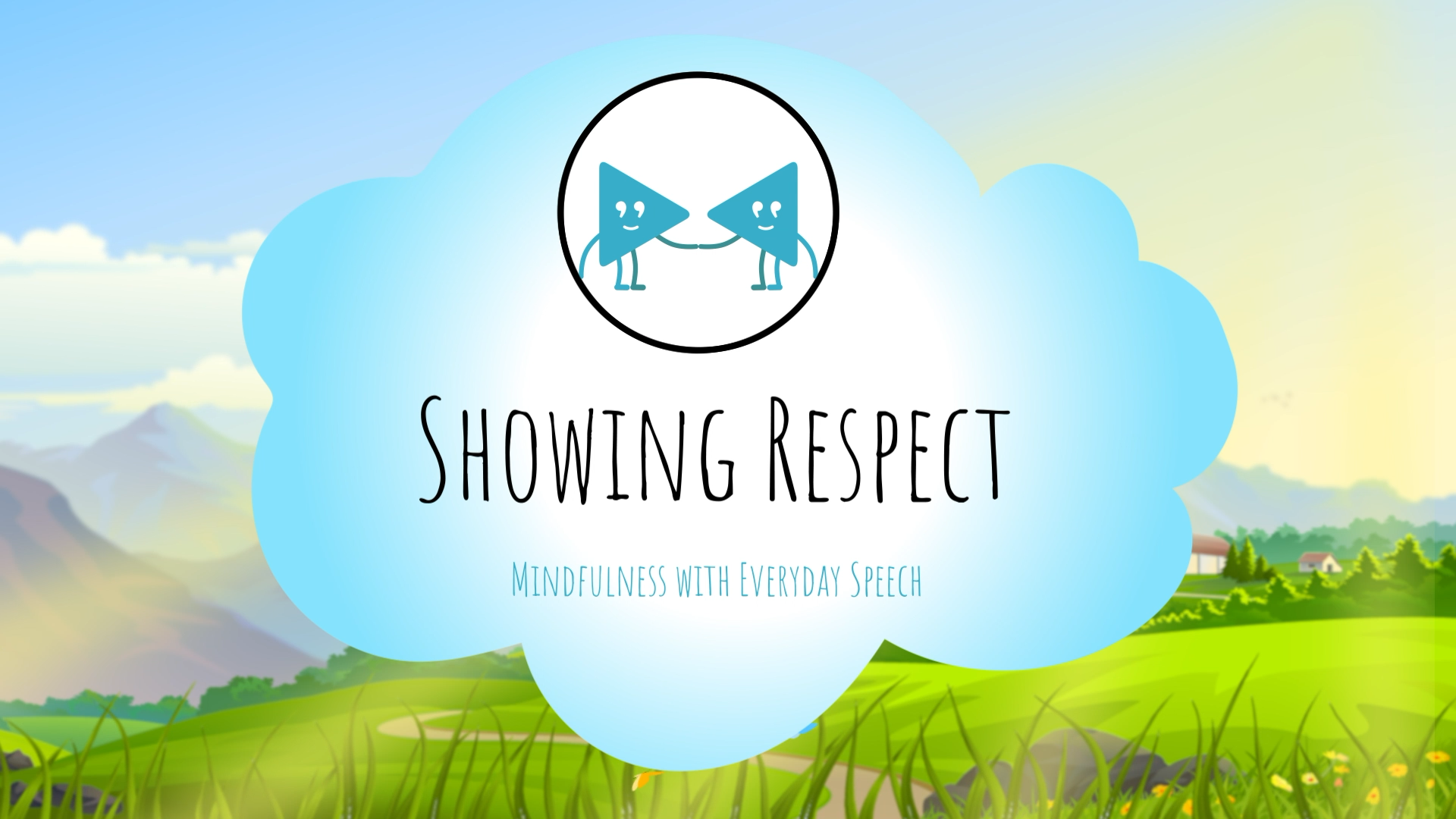
Introduction
Respect is a fundamental skill that plays a crucial role in social-emotional learning. It involves treating others in a way that makes them feel valued and appreciated, regardless of their abilities, interests, age, race, gender, or culture. In this blog post, we will explore a no-prep activity designed to teach respect, provide discussion questions, and mention related skills for middle school educators to enhance their students’ social-emotional learning experiences.
No-Prep Activity: Appreciation Circle
The Appreciation Circle is an engaging and easy-to-implement activity that requires no preparation or materials from the educator. It helps students practice showing respect by giving sincere compliments to their peers. Here’s how to conduct the Appreciation Circle:
- Ask students to form a circle, either standing or sitting.
- Explain to students that they will take turns giving a compliment to the person on their right. The compliment should focus on the person’s unique strengths or characteristics.
- Begin the activity by giving a sincere compliment to the student on your right.
- Continue the activity, allowing each student to give a compliment to the person on their right, until everyone has received and given a compliment.
By participating in the Appreciation Circle, students practice showing respect through their words, while also learning to appreciate the unique qualities of their peers.
Discussion Questions
Stimulate further discussions about respect with the following questions:
- Why is it important to show respect to others, even if they are different from us?
- Can you recall a time when someone showed you respect? How did it make you feel?
- What are some ways we can show respect through our actions and beliefs?
- How can having an open mind help us be more respectful towards others?
- What is the connection between respect and social-emotional learning?
Related Skills
Teaching respect is just one aspect of social-emotional learning. Other relevant skills for middle school students to develop include:
- Empathy: Understanding and sharing the feelings of others.
- Active listening: Paying full attention to what someone is saying and responding thoughtfully.
- Conflict resolution: Addressing disagreements in a constructive and respectful manner.
- Self-awareness: Recognizing one’s emotions, strengths, and areas for growth.
- Responsibility: Owning one’s actions and being accountable for their consequences.
Next Steps
If you found this blog post helpful and would like to explore more resources for teaching respect and other social-emotional learning skills, we encourage you to sign up for free samples at EveryDaySpeech. Our sample materials cover a wide range of topics and are designed to provide educators with practical tools and strategies to enhance their students’ social-emotional learning experiences.

